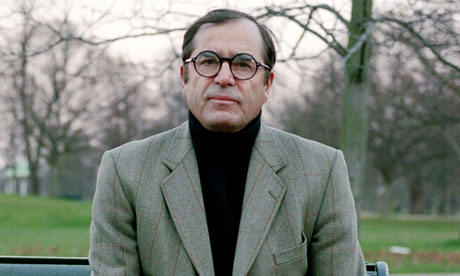Theroux, Paul. The Tao of Travel: Enlightenments from Lives on the Road, Houghton Mifflin Harcourt, New York, 2011 (285pp. $25)
Before too much of the 19th century had exhausted itself in revolution and bloody war, travel, which had once been the province of solitary wayfarers, was being transformed into an industry, thanks largely to the efforts of Cooks in London. Travel, from the times of Herodotus and later the Romans, was a dangerous undertaking, only for the intrepid who would voluntarily endure hardship, uncertainty, loneliness and even death in order to catch glimpses of exotic places, unheard-of-tribes, and perilous landscapes full of wild beasts and cannibals.
By the 1830s, however, English touring companies were packaging European vacations, promising smart itineraries, clean hotels, good food and informative guides. Pretty soon Cooks was selling books providing detailed information on hotels, routes, train schedules and food. Tourism had been born.
Paul Theroux’s book, The Tao of Travel, is a magical compendium of scribbling, thoughts, sidelong glances, poetic forays and compelling arguments concerning the metaphysical and physical nature of travel itself, the history of travel writing, along with exemplars of the greatest insights and observations of both modern and ancient travelers, each introduced by Theroux’s own marvelous “take” on travel and travel writing.
The physical book itself is a marvel, consisting of a faux-grainy-leather cover with an amazing little “strap” to hold the book closed, presumably making it suitable for the backpack. Its paper is onionskin, and the print is a classic type set off by superb illustrations, maps and italics. An excellent index refers gthe reader to numerous writers and their works. As a pastime it is unsurpassed; as reference work it will lead the reader to countless books both mainstream and recondite. There has been no book like it produced for the mass market that I can recall.
Theroux’s avowed aim, stated explicitly in a lovely preface, is to show “in its approaches to travel, ways of living and thinking too.” Thus, the Tao, an ancient Chinese mystical “path” towards peace and freedom, becomes a metaphor for ways of undertaking both the spiritual and existential side of human life, which is to sah, the “importance of elsewhere.” As Chekhov once said, “If you’re afraid of loneliness, don’t marry,” so too it might be said, if you’re afraid of loneliness, don’t undertake real travel. And so we confront the first Tao of travel: eave home and travel alone—admonitions modern tourists won’t countenance, considering that one Hilton Hotel is much like another, down to the sheets and the food, which is also to say that most modern tourism consists of staying at home from thousands of miles away. I know people who fly to the Caribbean in a jumbo jet and say at a Holiday Inn, eat hamburgers and swim in the pool.
The Tao of Travel is divided into 27 discrete chapters with titles like “It is Solved By Walking,” Everything is Edible Somewhere,” Evocative Name, Disappointing Place,” Dangerous, Happy, Alluring,” Travel as Ordeal,” and even “Staying Home.” At regular intervals, the book launches into a section called “Travel Wisdom,” bits of philosophy from famous travelers like Henry Fielding, Robert Louis Stevenson Freya Stark and Claude-Levi Strauss, each of which is carefully chosen to illustrate some travel dynamic that has caught Theroux’s always perceptive eye. One great joy of this book is to find hidden gems of travel literature that one hasn’t read, then dream a out finding it in a dusty bookstore, or in the “storage” section of the public library. All of the great travelers are represented: Sir Richard Burton, who learned Arabic and hennaed his skin in order to be the first and only infidel traveler to penetrate the inner sanctum of Mecca on hajj; Joseph Conrad and Mark Twain’ Geoffrey Moorhouse, who crossed the Sahara solo in the 1970s and, beset by bandits and short of water, nearly died; Bruce Chatwin, whose travels in Patagonia and the Australian Outback are legend; and the inimitable William Wordsworth who, despite a delicate constitution and constant bouts of flu, managed to walk an astounding 180,000 miles in his life, mostly in the English countryside and Europe.
The travel narrative is the oldest in the world. Theroux himself has been at it for 50 years and has written some of our boldest, most idiosyncratic, keenly observed and ingenious books. From the “Old Patagonia Express” to “ Dark Star Safari, Theroux has walked the walk and followed the path. So be it: Leave home, travel alone and light, take a map, go by land, walk across a frontier, keep a journal, read a novel that has no relation to the place you’re in, make a friend.
And needless to say, be out of touch. Bravo Theroux!!


